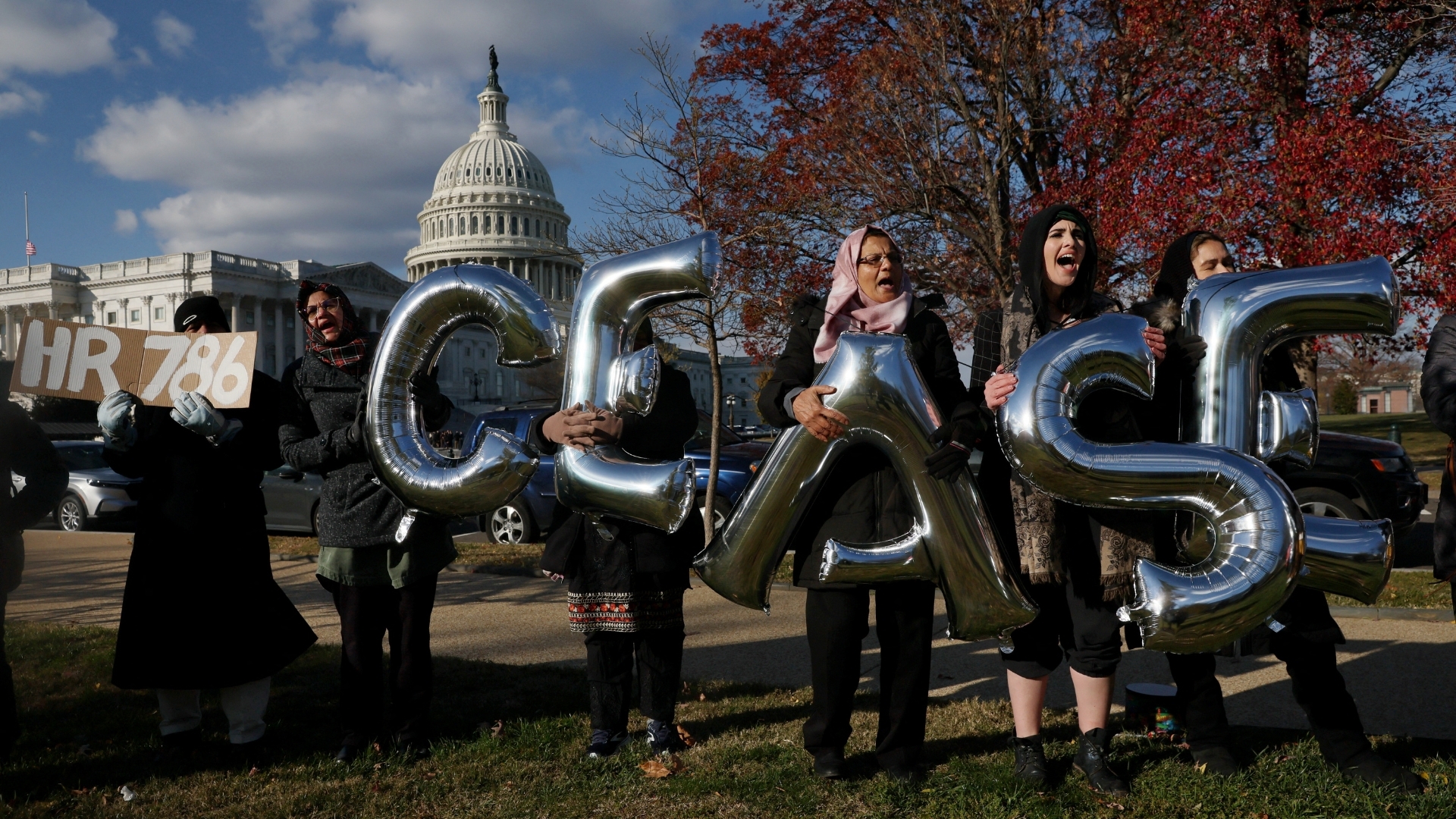Myanmar military control weakening as anti-coup forces advance: Report
Expert analyses find ethnic armed groups and anti-coup forces consolidating their positions seven months after launching major offensive.
Myanmar’s military regime has lost control of more parts of the Southeast Asian country, particularly along its borders, since anti-coup forces formed an alliance to mount a renewed offensive at the end of October last year, according to the latest update from a group of prominent international experts.
The Special Advisory Council for Myanmar (SAC-M) said in a report released on Thursday that the overall trajectory of the conflict in Myanmar since 2022 had been one of “expanding resistance control versus corresponding military junta losses”.
That process had “escalated rapidly from October 2023”, it said.
Since ethnic armed groups and anti-coup fighters known as People’s Defence Forces (PDF) began Operation 1027 last year, they have made significant advances, taking military posts and border towns in the north and east, along the border with China and Thailand, as well as in the west where Myanmar meets Bangladesh and India.
The SAC-M said the generals had lost complete authority over townships covering 86 percent of the country’s territory and home to 67 percent of Myanmar’s 55 million people.
“Resistance to junta control remains strong, widespread and deeply entrenched,” it said.
Army chief Min Aung Hlaing launched a coup in February 2021, seizing power from the elected government of civilian leader Aung San Suu Kyi, who has since been tried in a secret military court and jailed.
The power grab led to mass protests that evolved into an armed rebellion after the military responded with force. At least 5,161 civilians have now been killed since the coup and more than 20,500 are being held in jail, according to the Assistance Association for Political Prisoners which has been monitoring developments since the coup.
The SAC-M said the military could be considered neither a legitimate (de jure) nor a de facto government.
“The military junta does not control enough of the territory of Myanmar to uphold the core duties of the state,” the report said.
In the 51 townships with international borders, the SAC-M said just one, with a population of 7,000 in the foothills of the Himalayas, was under “stable junta control”. Thirty townships were assessed to have at least 90 percent control by anti-coup forces, including 14 where the military’s opponents had secured full control.

Fragmenting country
The SAC-M’s assessment of the situation was shared by Crisis Group, a nonprofit that tracks emerging and continuing conflicts.
In a report released on Thursday, it said the main beneficiaries of the developments over the last seven months had been the ethnic armed groups, most of which have been fighting the military for years.
“Myanmar’s ethnic armed groups are securing on the battlefield the autonomous homelands they have long sought,” said Richard Horsey, Crisis Group’s senior adviser on Myanmar, warning of the potential implications for a future federal democracy that is the goal of many of those in the PDFs, and the National Unity Government (NUG) that established them.
He urged Myanmar’s neighbours and the international community to engage with the multiple groups that are vying for power “while keeping conflict risks and human rights concerns in mind”.
The SAC-M experts, meanwhile, said the conflict demanded more be done to provide humanitarian assistance to civilians whose lives have been turned upside down.
The United Nations estimates more than three million people have been forced from their homes as a result of the fighting, and the SAC-M said more needed to be done to protect people from violence, most of it perpetrated by the military.
“The junta is by far the primary source of violence and instability and grave violations of international human rights and humanitarian law,” the report said. “It shows no willingness to meet the demands of the democratic revolution, only a commitment to further violence and suppression.”
The military has been accused of war crimes for continued air attacks on civilian villages and the deliberate burning of people’s homes.
Some of the armed groups have also been implicated in atrocities.




